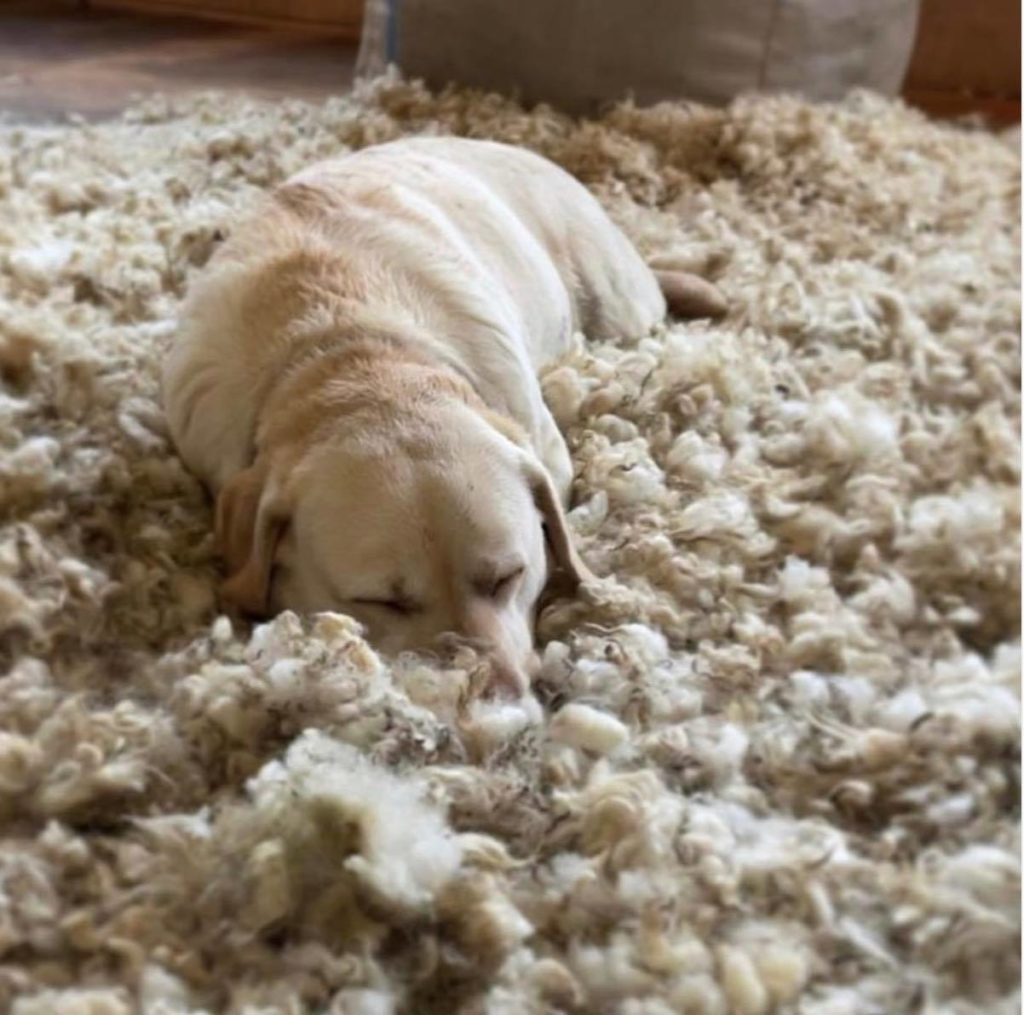Southland insulation business owner was instantly converted to wool after researching to develop his company.

James Carter had been insulating homes for 30 years before he made the switch to wool. He is also seeing others attitudes shift towards wool as people value health and sustainability.
Carter says that fitting fibreglass batts on hot days is what stopped him from using them. “When the sunlight’s coming through the window, you can actually see the glass floating in the air.”
Carter thinks that a lot more people are starting to realise the health benefits of wool and are willing to pay a bit more for an overall better result for their bodies.
On average, wool insulation is about 25 to 50 per cent more expensive than fibreglass alternatives. However, wool’s sustainable fibres can retain 33 per cent of its weight in moisture and regulate temperatures – making its insulation much better.
Fibres from wool are biodegradable, renewable and do not affect waterways, unlike fibreglass insulation. Wool’s ability to absorb common chemicals and pollutants, such as formaldehyde, means wool insulation also improves air quality.
Carter’s wool is grown and produced in the South Island meaning his supply chains are not affected like traditional fibreglass insulation being transported from Auckland.
He believes it should be endorsed more by the Government through its Healthy Homes initiative.
“I certainly think it’s a growing industry, it just needs a push to make the public more aware of the benefits”, he said.
John Greene CEO of Canterbury’s Green Dog Insulation comments “at Green Dog, we always offer woollen insulation as a premium environmental option to those interested in green alternatives.’

Campaign for Wool NZ chairman Tom O’Sullivan believes educating consumers about the natural sustainable properties of wool whilst expanding wool-based products could help the current crisis within the shearing industry.
Adapted from Laura Hooper (Jan 23rd 2022), Wool gaining traction as sustainable insulation alternative. Stuff.
stuff.co.nz/environment/126611703/wool-gaining-traction-as-sustainable-insulation-alternative

Recent Comments